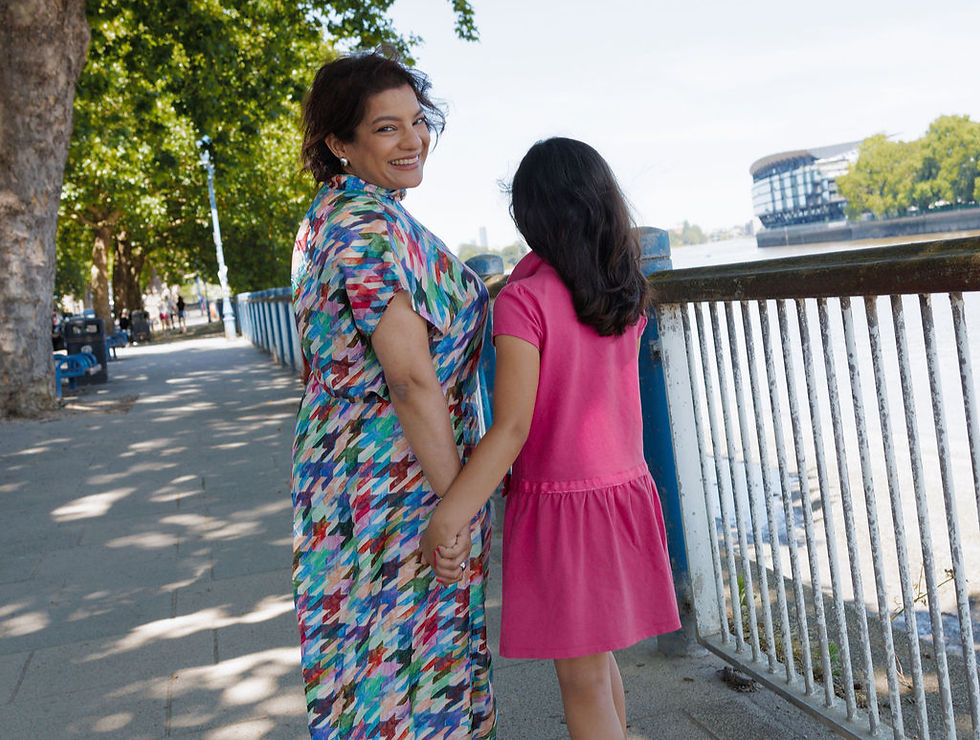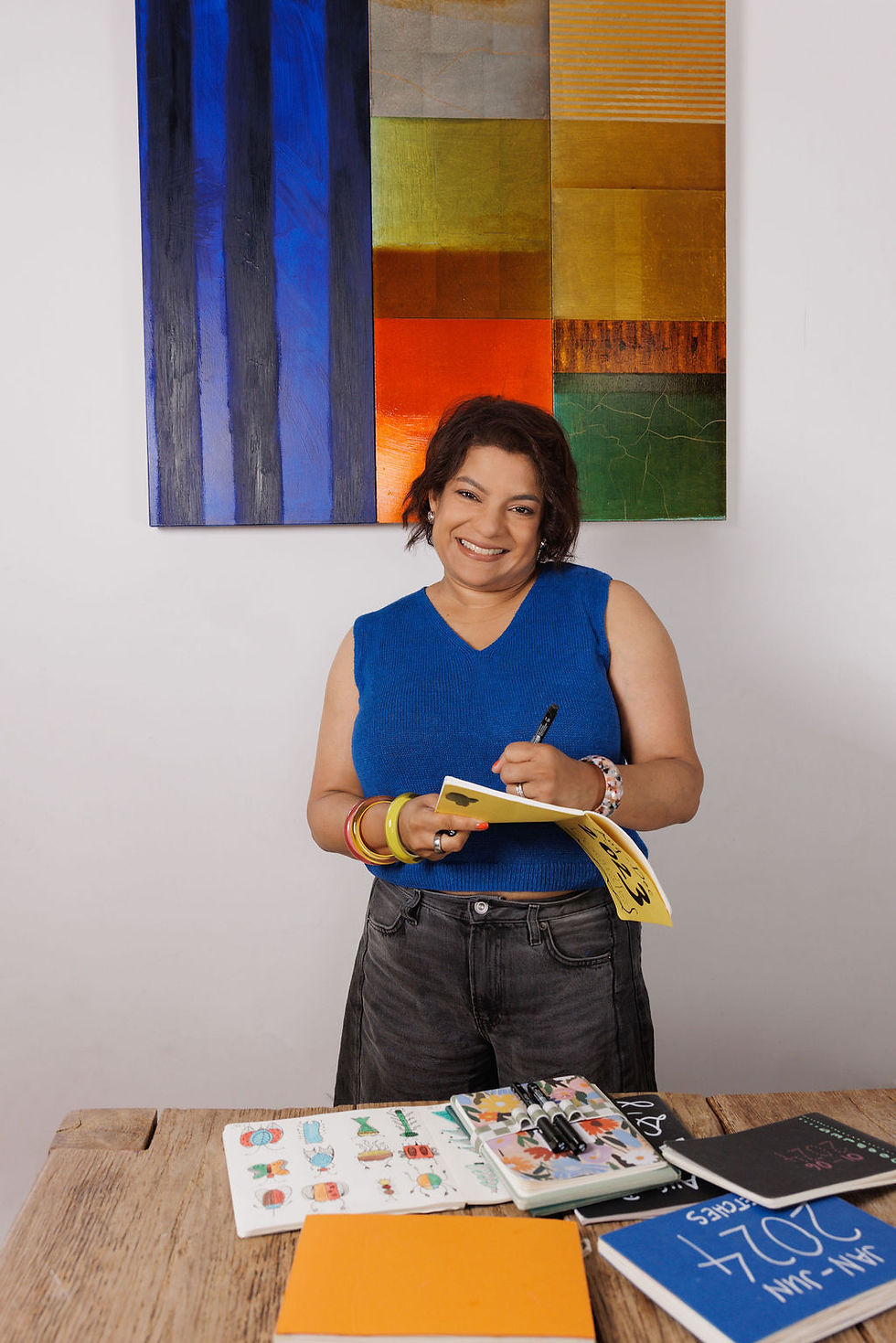My Story (Part 3)
- Maya Kuzalti

- Aug 25, 2025
- 2 min read
Life After Stroke
So what comes next? Well, it’s a life that looks nothing like before. But that’s no bad thing.
The real story of stroke isn’t the moment it strikes. It’s what happens after. Yes, life is slower. Yes, it can be foggier, lonelier. It’s trying to explain fatigue when you “look fine.” It’s hidden aphasia, dragging limbs, missed cues, and doctors who don’t realise you need help. It’s a system that assumes survival is the finish line.
But the truth is that survival is the starting point.
One of the hardest parts for me wasn’t just physical recovery. It was losing the version of myself I had always known. I was the academic one, the cerebral one. My identity lived in my brain. I wasn’t the cheerleader or the loudest voice in the room. I was the “smart girl.” And when my brain broke, it felt like I broke. How do you find yourself again when the thing you were most proud of is now invisible, unpredictable, and changed? That’s the part no one prepares you for. But piece by piece, you start to rebuild. Not just your memory or your speech, but your sense of self. Maybe that new self isn’t who you expected, but she’s strong, and honest, and crucially, still here.

Stroke survivors learn to rebuild in ways others can’t imagine. It’s not easy. The system is flawed, resources are limited, and the journey can feel lonely. But in the middle of all that, something remarkable happens. You begin to see life differently. You learn to listen to your body. You redefine what matters. You discover strength you didn’t know you had.
When success used to mean doing more and saying yes to everything, now it means living differently.

Saying yes to yourself. Finding joy in the present. Choosing peace over pressure.
So I’m speaking up, not just because stroke awareness matters, but because life after stroke matters. Not just stroke survival, but purpose, possibility, and hope.
This isn’t the end of my story. It’s a reset. A second chance. And with that comes clarity, courage, and a deeper understanding of what it means to be alive.



Comments